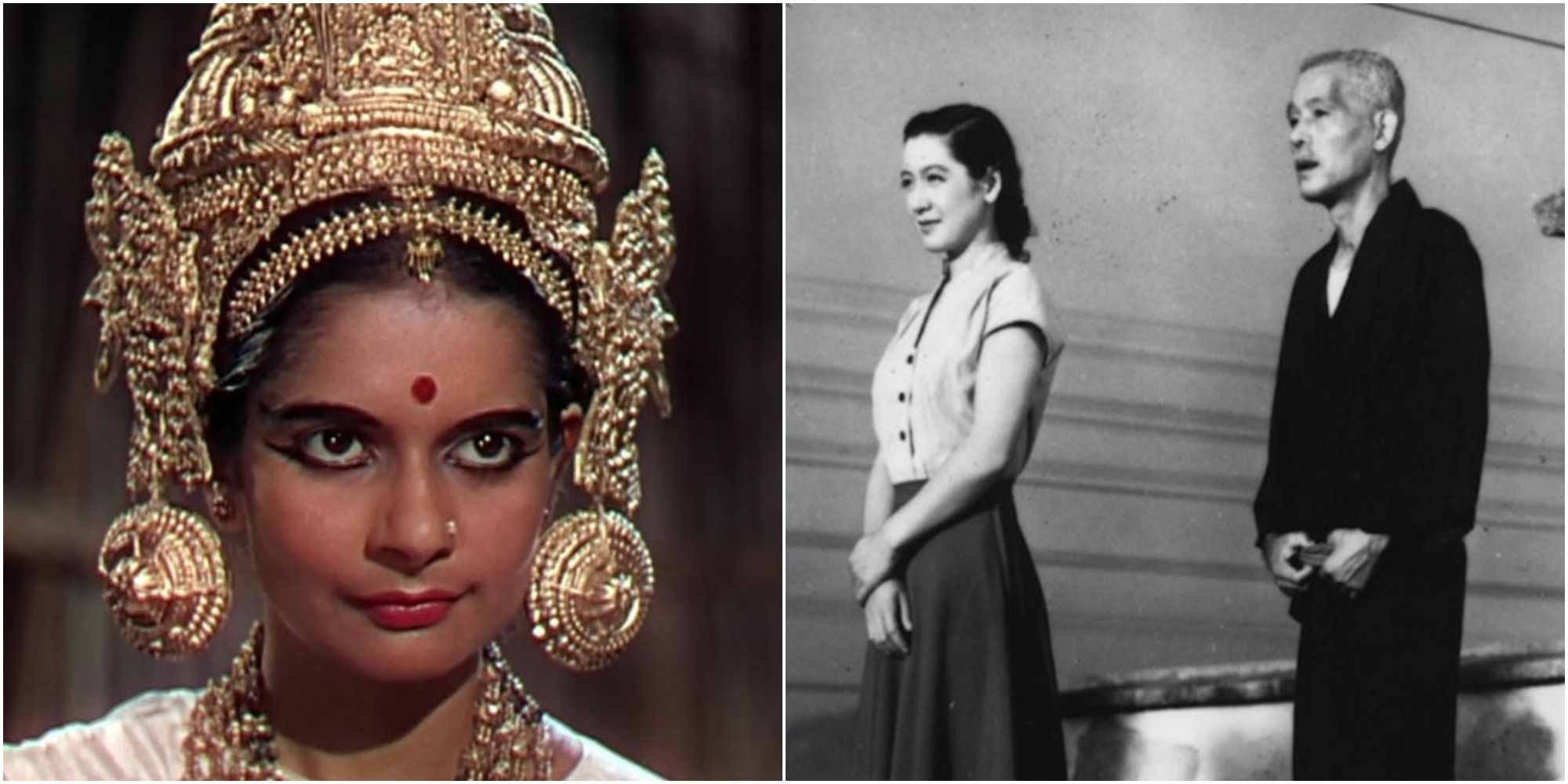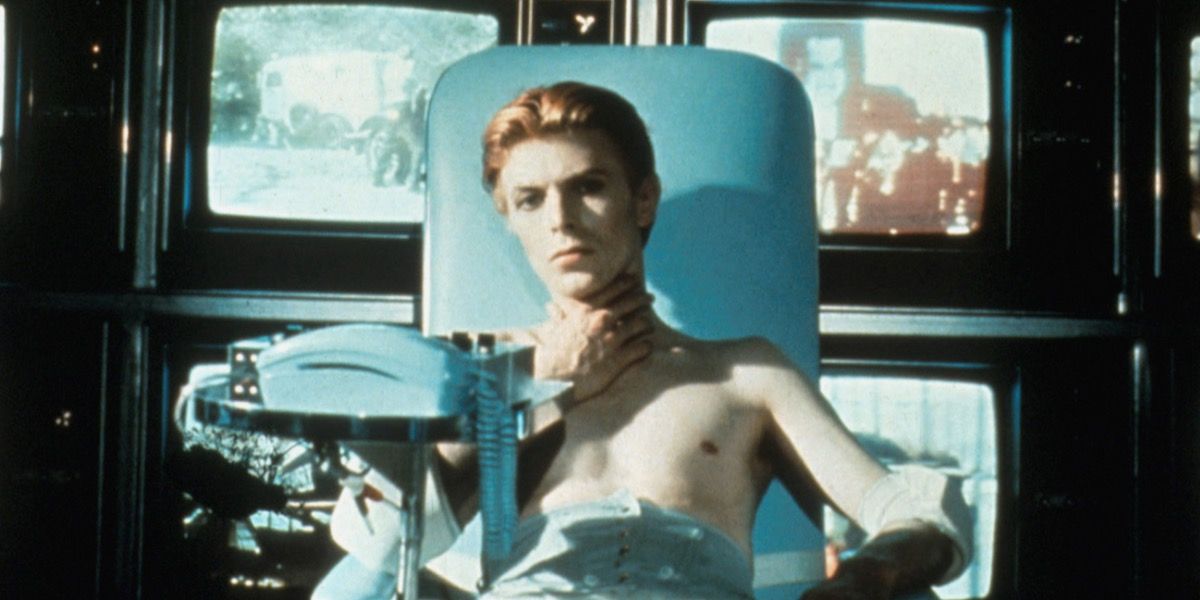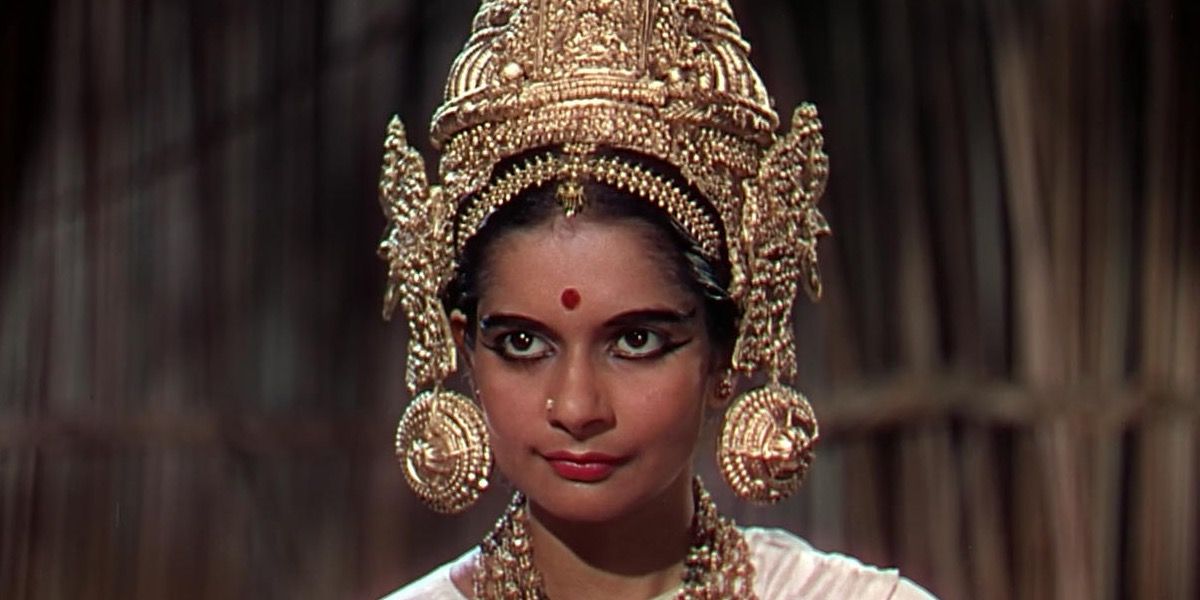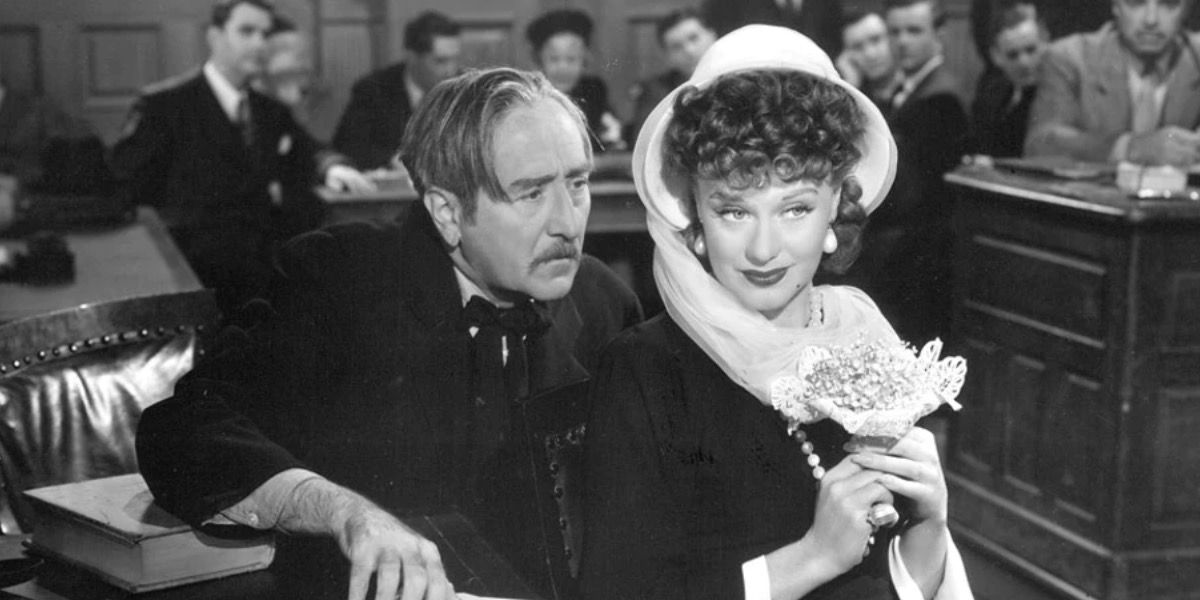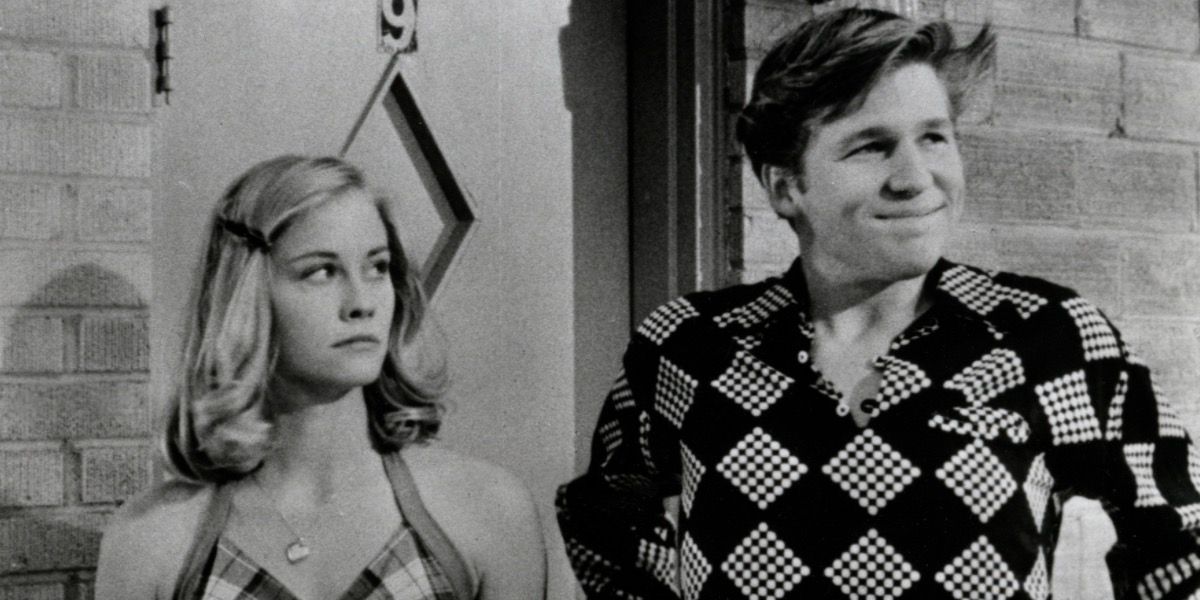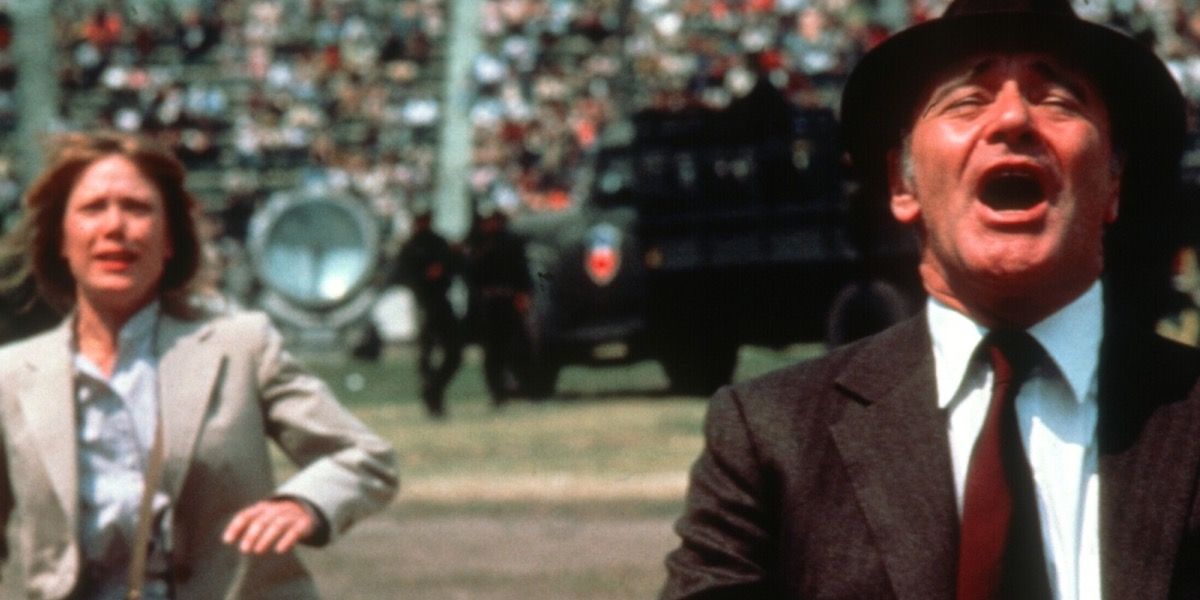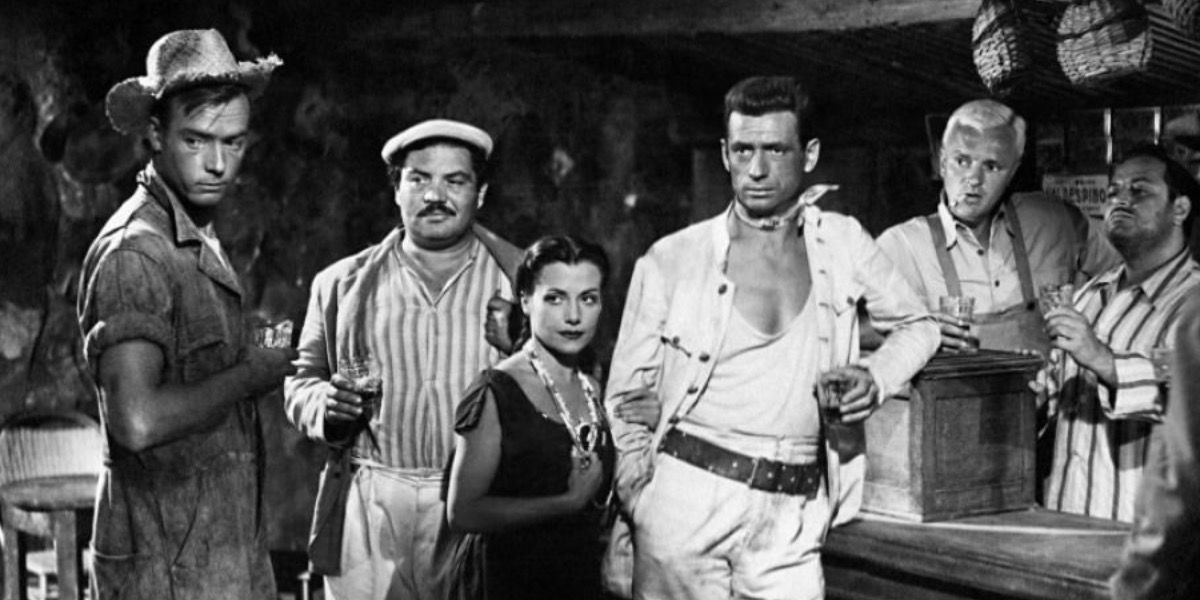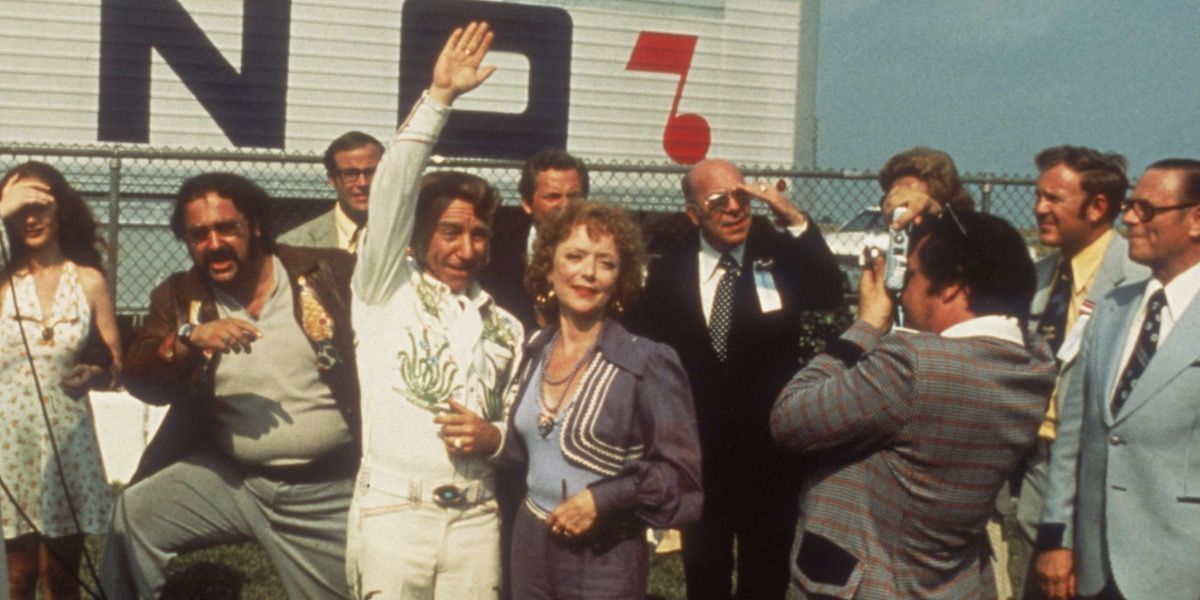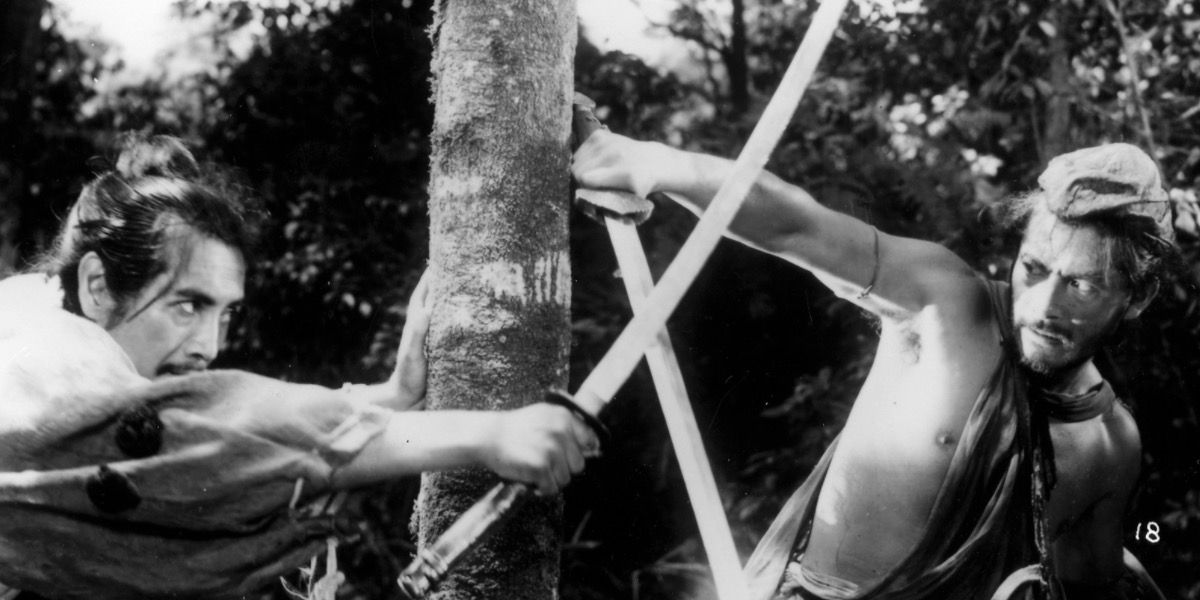There is no medium of artistic expression which produces completely independent work—every painter, writer, sculptor, cinematographer, everyone who creates art is inspired by those who came before them. Tolkien's The Lord of the Rings spawned dozens (if not hundreds) of fantasy epics, and The Beatles are among the most authoritative Western musicians of the 20th century.
Cinema follows the same principle; generations of filmmakers have continued to pave the way for their successors. Although the form can be shaped by other mediums, most directors are influenced by prominent movies. That said, there are more than a few films admired by filmmakers that are largely unknown to mass audiences.
8 The Man Who Fell To Earth Is A Sci-Fi Souvenir (1976)
David Bowie's alien brilliance is evident through his music, as in his iconic album The Rise and Fall of Ziggy Stardust and the Spiders from Mars. However, his role as Thomas Jerome Newton in The Man Who Fell to Earth established Bowie as a masterful actor. The movie is a sci-fi souvenir, having obtained a cult following over the last several decades.
Interestingly, Christopher Nolan cast Bowie in The Prestige (2006) because "he was the original Man Who Fell to Earth". Further, artists from Philip K. Dick and Bret Easton Ellis to Guns N' Roses and Michael Bay have all paid homage to this movie in their own unique ways.
7 The River Exists At The Confluence Of Two Unrelated Cultures (1951)
Jean Renoir's The River depicts colonial India through the perspective of an Englishwoman, Harriet, who grows up surrounded by a mixture of unrelated cultural elements. The film exists at the confluence of Indian and British society, making use of both to inform audiences of its message.
Famed director Satyajit Ray worked on the movie as an assistant director, helping Renoir establish the right tone and context required for the story's subject matter. The River was praised on an international level, with directors like Martin Scorsese including it in their list of best movies.
6 Roxie Hart Was Once Stanley Kubrick's Favorite Film (1942)
Roxie Hart is the lead character of Chicago, a 1926 play by Maurine Dallas Watkins that was eventually adapted to a stage musical in 1975 as well as the famous 2002 movie starring Catherine Zeta-Jones and Renée Zellweger (as Roxie).
In this self-titled work, Ginger Rogers plays Roxie to absolute perfection, with the NYT calling her "a most credible Miss Twinkle-Toes" for her performance. Although Roxie Hart is thematically different from most movies that Stanley Kubrick has worked on, "at one point, he said this was his favorite film."
5 The Last Picture Show Remains A Hallmark Of Modern Cinema (1971)
Peter Bogdanovich's The Last Picture Show contains a stellar cast, including Cloris Leachman, Ellen Burstyn, and Jeff Bridges, all of whom were lauded for their respective roles. Critic Roger Ebert poignantly concluded that "the film is above all an evocation of mood... the only hope [for its characters] is transgression."
In addition to inspiring various directors, The Last Picture Show was referenced in Stephen King's Lisey's Story (2006), and even earns a mention in Kevin Williamson's Dawson's Creek. The movie remains one of the hallmarks of modern cinema, in no small part to Bogdanovich's first-rate direction.
4 Missing Has Influenced A Generation Of Filmmakers (1982)
Missing is based on Thomas Hauser's biography, The Execution of Charles Horman: An American Sacrifice (1978). It is a stimulating story about the 1973 Chilean Coup during which an American journalist goes missing (and is later found dead).
Aside from critical approval, filmmakers such as Wes Anderson have acknowledged the impact of Missing on their own careers. Unfortunately, the movie garnered negative press for its unbridled denunciation of the U.S. government's responsibility in the event.
3 The Wages Of Fear Was Praised Widely And Without Reservation (1953)
Henri-Georges Clouzot's The Wages of Fear, adapted from the French book La Salaire de la peur (1950), raised the director to unprecedented levels of popularity. The film won the Palme D'Or and the Golden Bear, two of the most prestigious awards in international cinema.
Pauline Kael, a notoriously uncompromising critic, claimed it was "the most original and shocking French melodrama of the '50s." More recently, Christopher Nolan stated that The Wages of Fear had a significant influence on Dunkirk (2017), especially in understanding "the mechanics, procedure and physical difficulties" of filmmaking.
2 Nashville Is A Scathing Allegory Of American Politics (1975)
Iconic director Robert Altman's Nashville is one of the most distinguished movies ever made, "perhaps the most talked about... since Orson Welles' Citizen Kane (1941)". Critics analyzed the film to the bone, effectively and universally summarizing it as an "epic study of ambition, greed, talent, and politics in American culture."
Despite the many controversies that sprung up around Nashville—John Lennon's 1980 assassination being the most prominent—the movie inspired a number of filmmakers, including Alan Rudolph and Paul Thomas Anderson. Nashville isn't about country music as much as it is a scathing allegory of American politics.
1 Rashomon Reshaped The Film Industry As A Whole (1950)
Akira Kurosawa's Rashomon is a powerful cinematic experience: it also forged new techniques that reshaped the industry as a whole, like the remarkable Rashomon effect and the use of variegated lighting to enhance the narrative mystery.
Although the film received a lukewarm response in Japan, Western filmmakers were awestruck by Kurosawa's near-total mastery over his craft. David Fincher, Sergio Leone, Quentin Tarantino, and George Miller are among dozens of directors directly influenced by Rashomon. In fact, cinema owes a lot to Kurosawa's overall oeuvre, from Yojimbo (1961) to Ran (1985).

